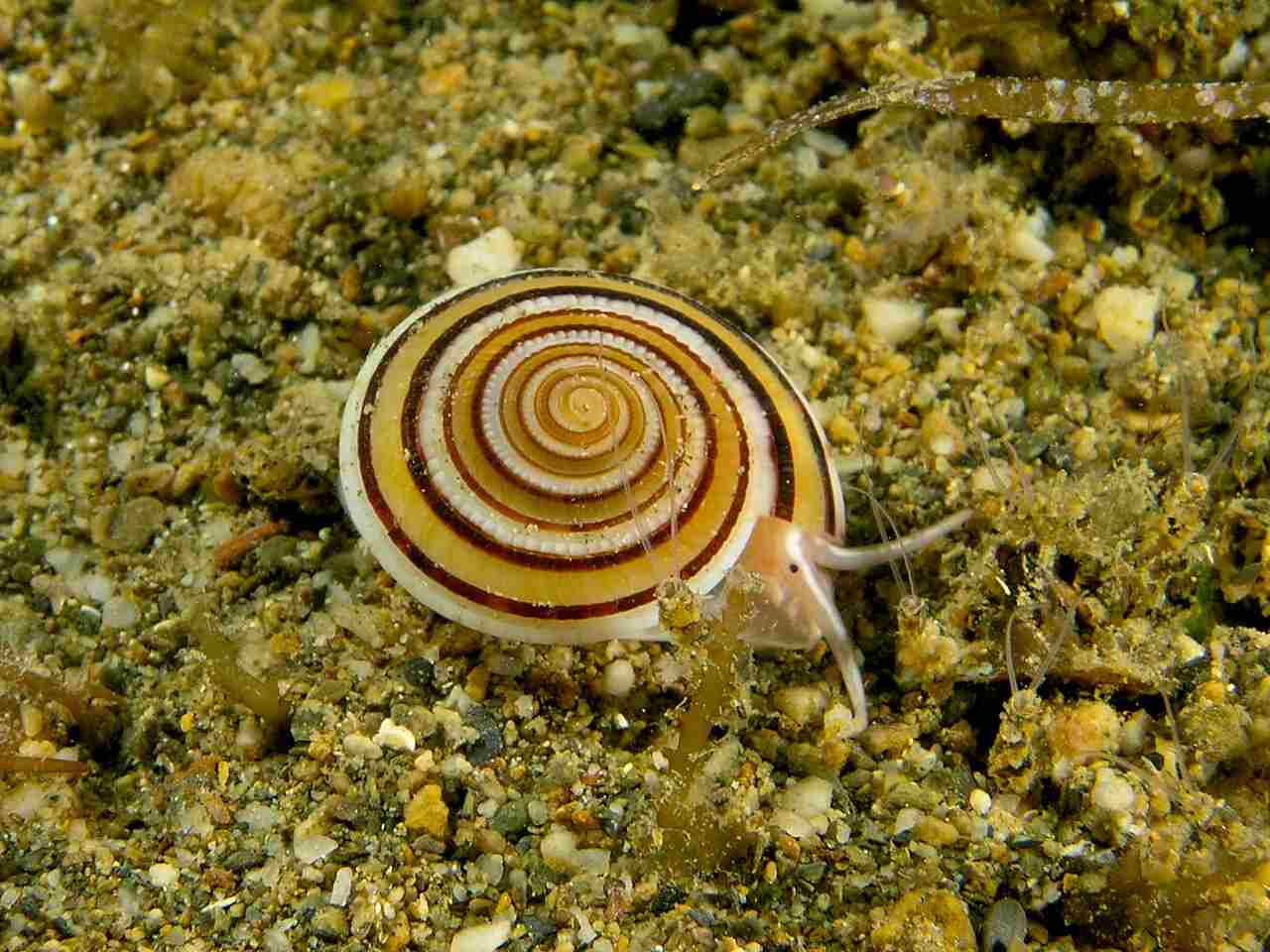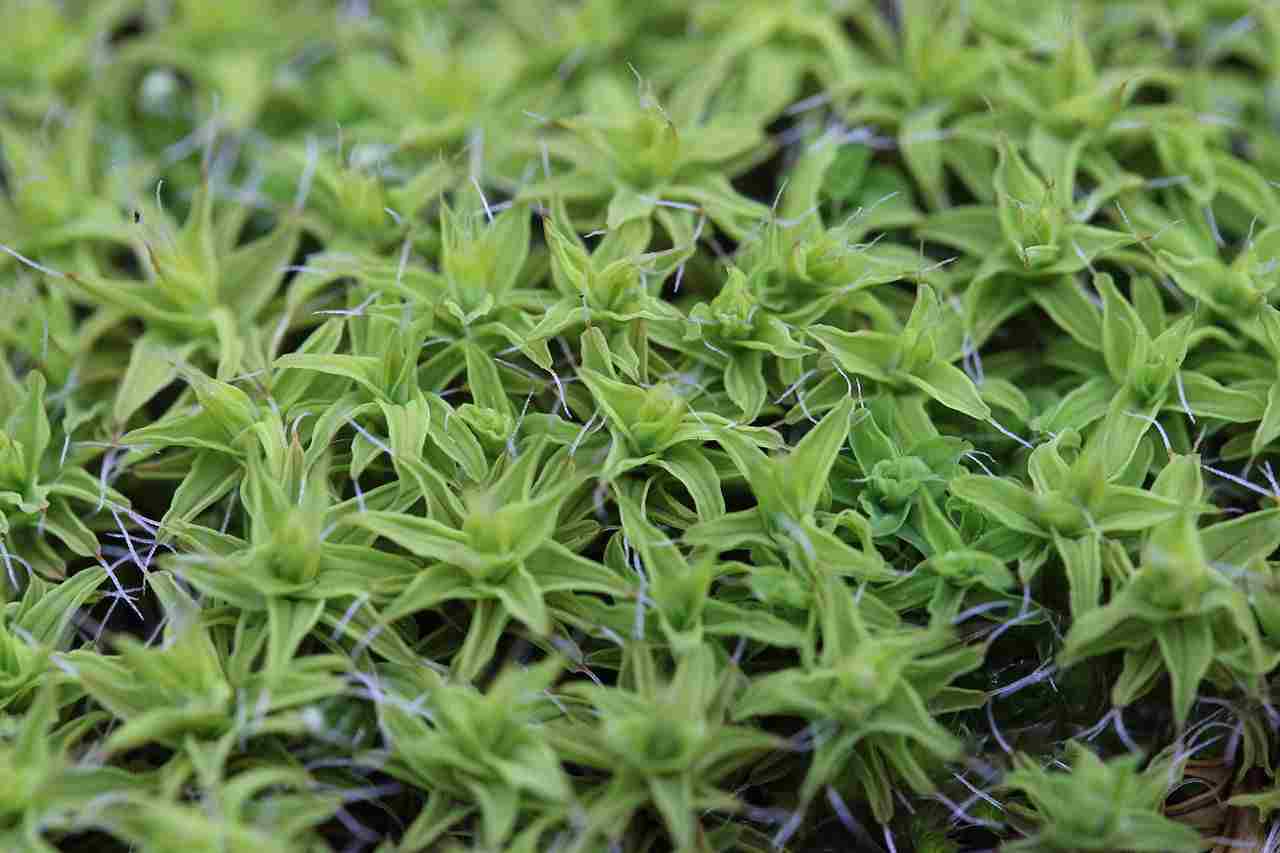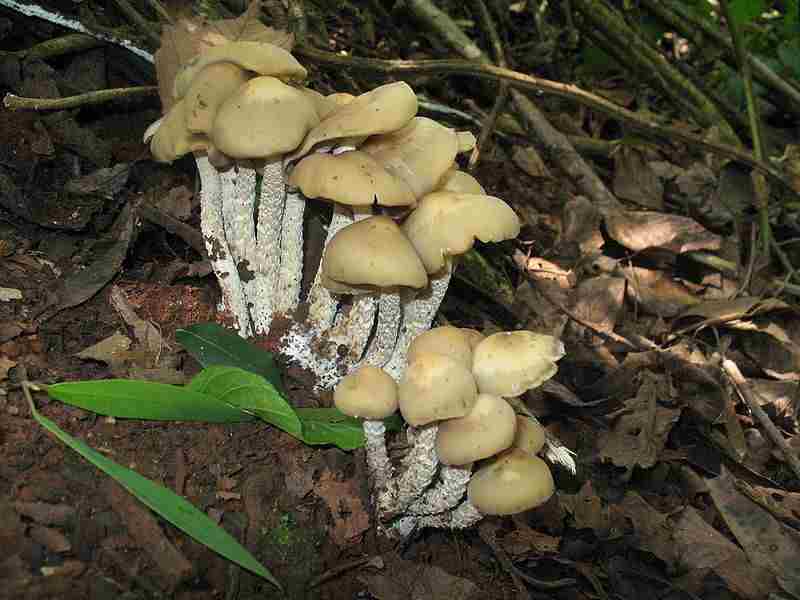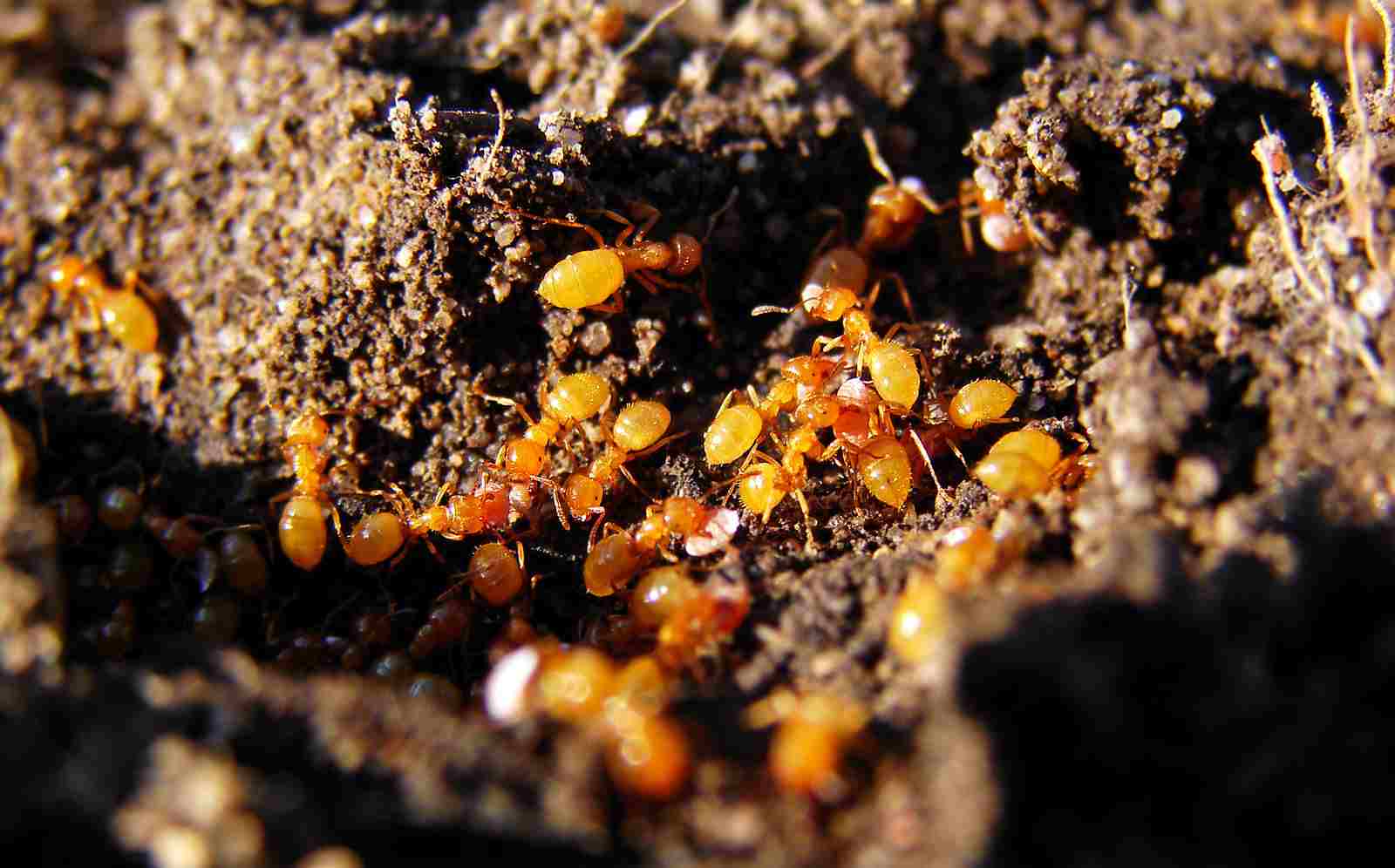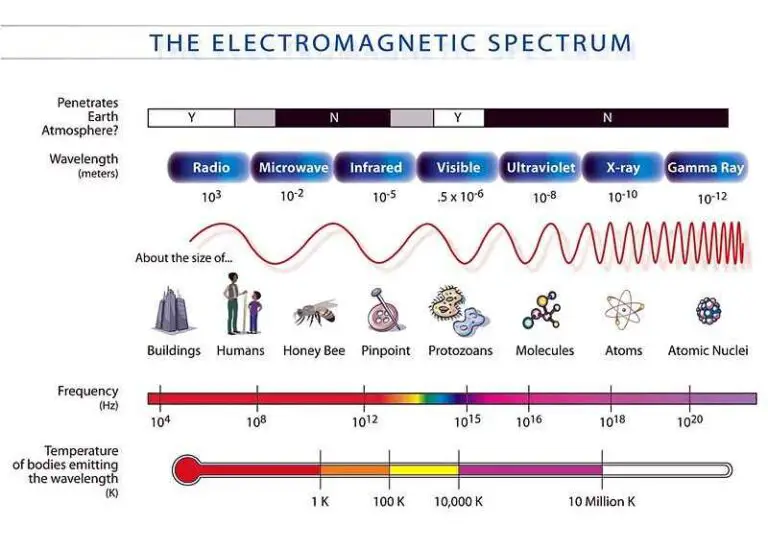Is Bacteria a Decomposer? Ecological Role Discussed
Bacteria are decomposers that arguably play the most prominent role (compared to other decomposers) in ecosystems. They break down organic matter into simpler substances. This process releases nutrients back into the environment. Bacteria decompose a wide range of materials, from dead plants to animal waste. Their activity is essential for nutrient cycling and ecosystem balance. Overall, bacteria are primary contributors to the decomposition process in nature.
Reasons Why Bacteria are Decomposers
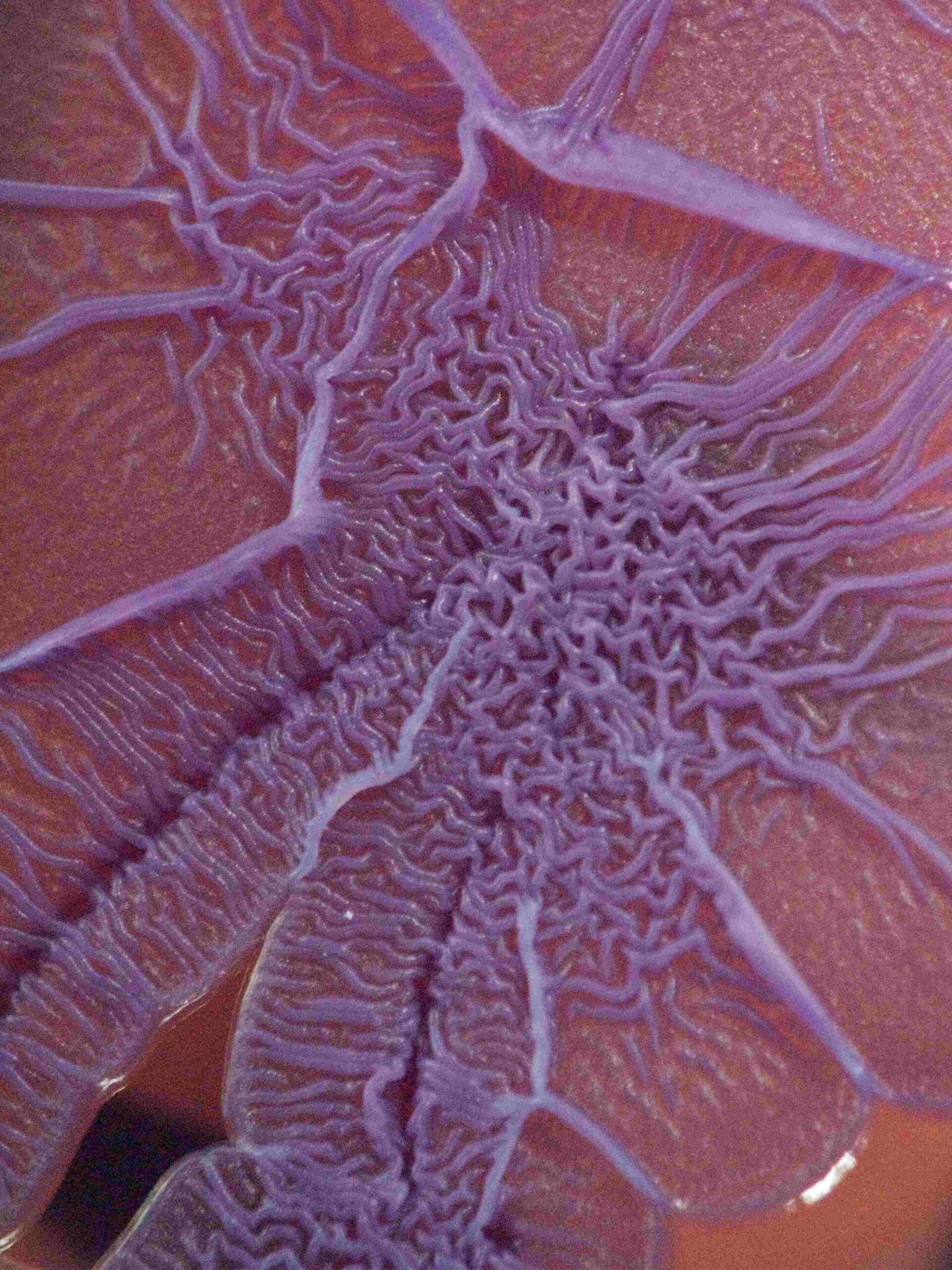
-
Rapid Breakdown: Bacteria have the enzymatic machinery to quickly break down complex organic compounds.
-
Ubiquitous Presence: Bacteria are found virtually everywhere, allowing them to access and decompose organic matter in various environments.
-
Nutrient Recycling: By decomposing organic matter, bacteria release essential nutrients such as carbon, nitrogen, and phosphorus back into the environment, facilitating nutrient cycling.
-
Energy Source: Bacteria obtain energy through the decomposition process, sustaining their growth and metabolic activities.
-
Key Players in Food Chains: Bacteria serve as a vital link in the food chain by breaking down organic matter, making nutrients available for other organisms.
Are Bacteria Decomposers Or Scavengers?
Bacteria are primarily decomposers rather than scavengers. Decomposers break down dead organic matter into simpler substances. Bacteria actively participate in the decomposition process by secreting enzymes to break down complex organic compounds. Unlike scavengers, bacteria do not consume intact organic matter but rather absorb the products of decomposition. Their role in decomposition is essential for nutrient cycling and ecosystem functioning. Overall, bacteria are classified as decomposers due to their predominant role in breaking down organic matter.
Reasons Why Bacteria are Not Scavengers
-
Mode of Consumption: Unlike scavengers, bacteria do not consume intact organic matter. Instead, they break down organic material externally through enzymatic action.
-
Enzymatic Decomposition: Bacteria secrete enzymes that catalyze the breakdown of complex organic compounds into simpler substances, which they then absorb.
-
Microscopic Size: Bacteria are microscopic organisms, making it physically impossible for them to consume larger organic matter like scavengers do.
-
Ubiquitous Presence: Bacteria are present in diverse environments, including soil, water, and even within other organisms. Their ability to decompose organic matter contributes to nutrient cycling and ecosystem balance.
-
Role in Food Chains: While scavengers play a crucial role in consuming larger carcasses and organic matter, bacteria serve as primary decomposers, breaking down organic material into forms usable by other organisms in the food chain.
Is Bacteria A Decomposer Or Producer?
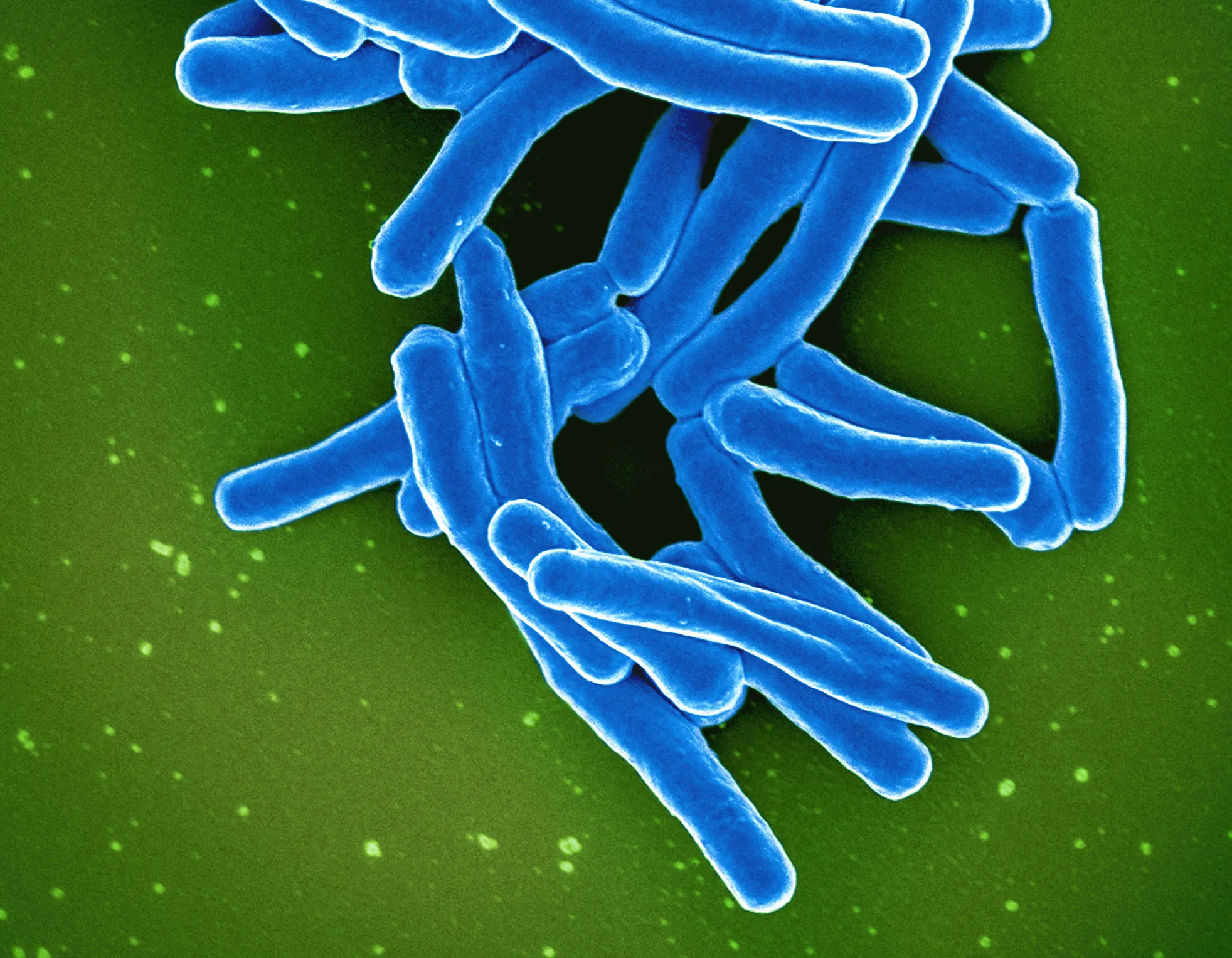
Bacteria are primarily decomposers rather than producers. Decomposers break down organic matter into simpler substances. Bacteria play a vital role in decomposing organic material, releasing nutrients back into the environment. Unlike producers, such as plants, bacteria do not photosynthesize to produce organic compounds from inorganic substances. Their role in decomposition contributes to nutrient cycling and ecosystem sustainability. Overall, bacteria are classified as decomposers due to their essential role in breaking down organic matter.
Reasons Why Bacteria are Not Producers
-
Lack of Photosynthesis: Unlike producers such as plants and some algae, bacteria do not possess chlorophyll or conduct photosynthesis to produce organic compounds from inorganic substances like carbon dioxide and water.
-
Dependency on Organic Matter: Bacteria rely on organic matter as a source of energy and carbon for their metabolic activities. They obtain nutrients by decomposing organic material rather than synthesizing them from inorganic sources.
-
Role in Decomposition: Bacteria play a crucial role in breaking down complex organic compounds into simpler forms, contributing to nutrient cycling in ecosystems. This process is characteristic of decomposers rather than producers.
-
Ubiquitous Presence: Bacteria are ubiquitous in various environments and play a significant role in decomposing organic matter, indicating their function as decomposers rather than producers.
-
Contribution to Nutrient Cycling: Bacteria release nutrients such as carbon, nitrogen, and phosphorus back into the environment through decomposition, facilitating nutrient cycling in ecosystems. This role aligns more with that of decomposers rather than producers.
What Type Of Decomposer Is Bacteria?
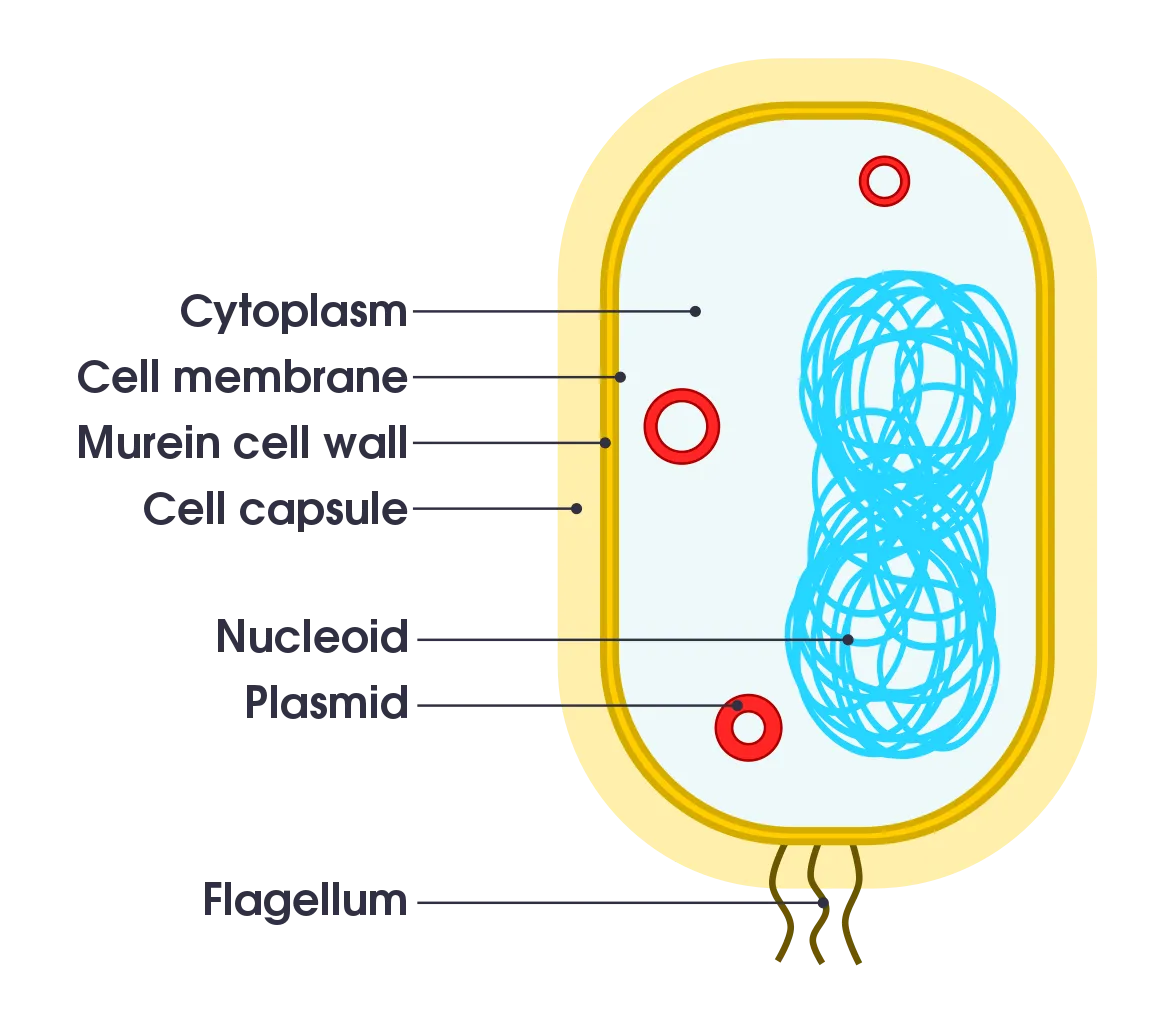
Bacteria are classified as saprophytes or saprotrophs. Saprophytes are organisms that obtain nutrients by decomposing dead organic matter. Bacteria fulfill this role by breaking down a wide range of organic material, including plant debris, animal waste, and dead organisms. They play a crucial role in the initial stages of decomposition, breaking down complex organic compounds into simpler forms. As saprophytes, bacteria contribute significantly to nutrient cycling and ecosystem sustainability.
Why Bacteria are Classified as Saprophytes/Saprotrophs
-
Nutrient Acquisition: Bacteria obtain nutrients by decomposing dead organic matter, such as plant debris, animal remains, and fecal matter.
-
Mode of Nutrition: Saprophytic bacteria secrete enzymes to break down complex organic compounds externally, facilitating absorption of simpler molecules.
-
Contribution to Decomposition: Bacteria play a crucial role in the decomposition process, breaking down organic matter into forms usable by other organisms in the ecosystem.
-
Key Players in Nutrient Cycling: By decomposing organic material, bacteria release essential nutrients back into the environment, contributing to nutrient cycling and ecosystem sustainability.
-
Ubiquitous Presence: Saprophytic bacteria are found in various environments, from soil to water bodies, where they actively participate in the decomposition of organic matter.
-
Indirect Beneficiaries: While bacteria themselves do not directly benefit from decomposition, their activities support the growth and survival of other organisms by recycling nutrients in the ecosystem.
-
Essential for Ecosystem Balance: The role of saprophytic bacteria in decomposing organic matter helps maintain ecosystem balance by preventing the accumulation of dead organic material and recycling nutrients for primary producers.
Is Water Bacteria A Decomposer?
Water bacteria can indeed act as decomposers. They play a vital role in breaking down organic matter present in aquatic environments. Water bacteria decompose various materials, including dead aquatic organisms, plant matter, and organic waste. Their activity helps recycle nutrients in aquatic ecosystems, contributing to the overall health and balance of these systems. Overall, water bacteria are important decomposers in aquatic environments, facilitating nutrient cycling and ecosystem functioning.
Are Bacteria Similar To Fungi As Decomposers?
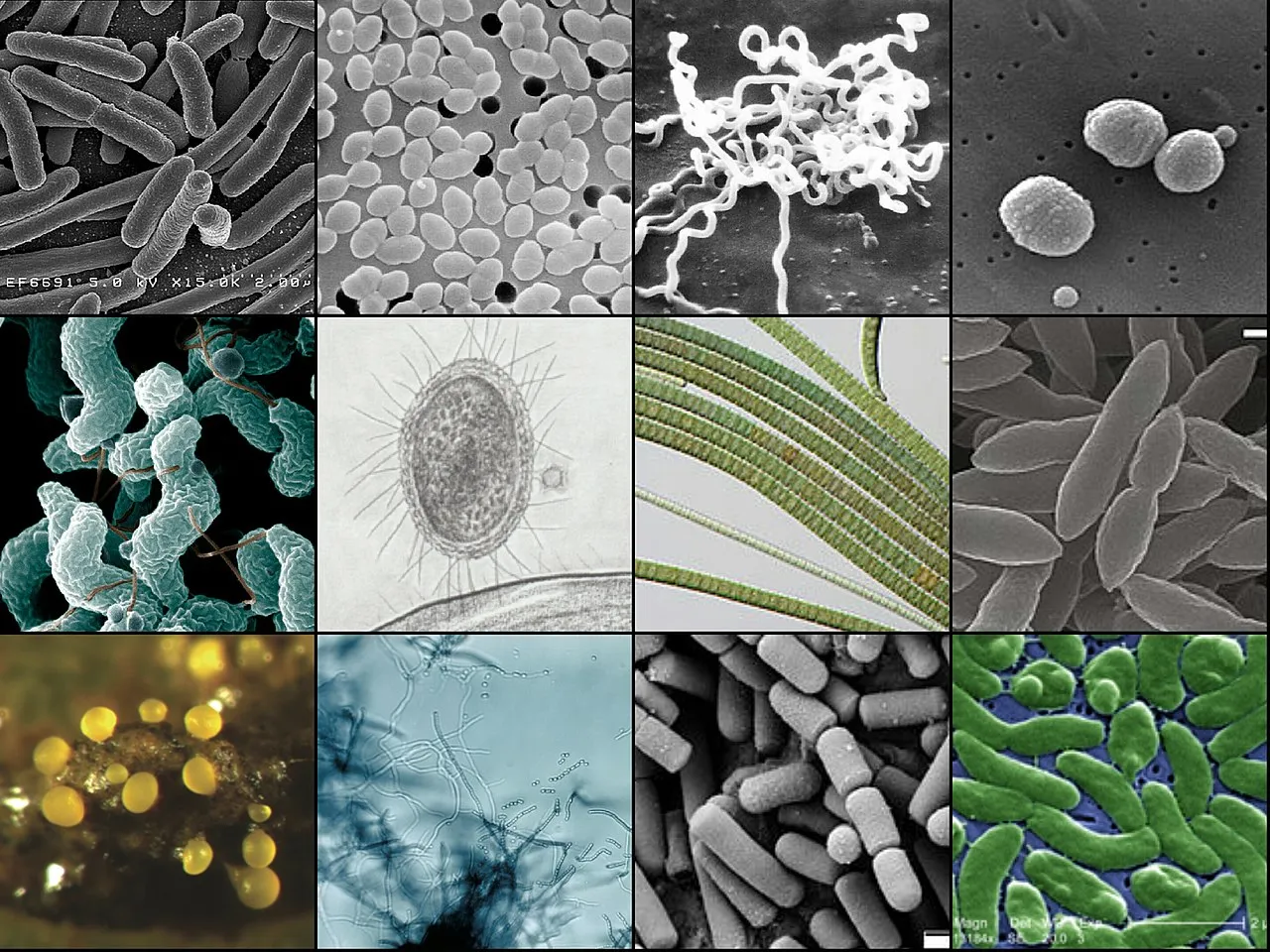
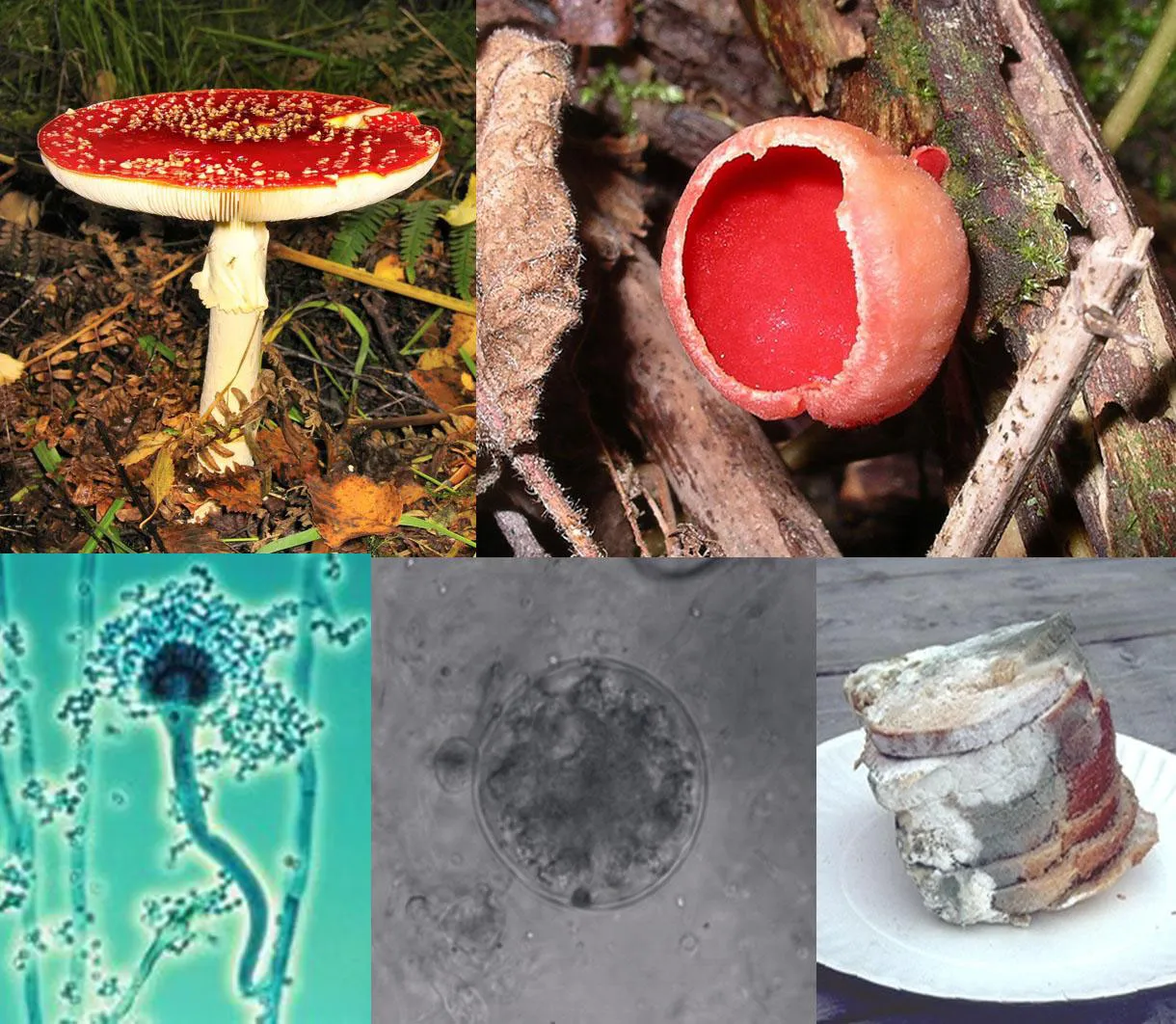
Bacteria and fungi share similarities in their roles as decomposers. Both bacteria and fungi break down organic matter into simpler substances. They secrete enzymes to facilitate the decomposition process. Bacteria and fungi play crucial roles in nutrient cycling within ecosystems. Both contribute to the breakdown of various organic materials, including dead plants, animals, and other organic debris. Despite these similarities, there are also differences in their biochemical mechanisms and ecological niches. Overall, while bacteria and fungi serve as important decomposers, they exhibit both similarities and differences in their roles and functions within ecosystems.
Similarities Between Bacteria and Fungi
-
Decomposition: Both bacteria and fungi are primary decomposers, breaking down complex organic matter into simpler forms.
-
Enzymatic Action: Both bacteria and fungi secrete enzymes to catalyze the breakdown of organic compounds, facilitating decomposition.
-
Nutrient Cycling: Bacteria and fungi play essential roles in nutrient cycling within ecosystems by releasing nutrients back into the environment during decomposition.
-
Ubiquitous Presence: Both bacteria and fungi are found in various environments, including soil, water, and even within other organisms, where they contribute to decomposition processes.
-
Ecological Importance: Bacteria and fungi are crucial for ecosystem functioning, as they help maintain soil fertility, recycle nutrients, and facilitate the decomposition of organic material.
-
Interactions: Bacteria and fungi often interact synergistically or competitively in decomposition processes, influencing the rates and efficiency of decomposition in ecosystems.
Position of Bacteria in the Food Chain
-
Primary Decomposers: Bacteria occupy a critical position as primary decomposers in the food chain.
-
Breakdown of Organic Matter: They play a fundamental role in breaking down complex organic compounds into simpler forms.
-
Nutrient Cycling: By decomposing organic material, bacteria release nutrients such as carbon, nitrogen, and phosphorus back into the environment, making them available for other organisms.
-
Foundation for Energy Flow: Bacteria serve as the foundation for energy flow in ecosystems by converting organic matter into forms usable by other organisms.
-
Supporting Higher Trophic Levels: Bacteria indirectly support higher trophic levels by recycling nutrients and providing a continuous supply of energy and nutrients through decomposition.
-
Interconnectedness: Bacteria’s role in the food chain highlights their interconnectedness with other organisms and their significance in maintaining ecosystem balance and stability.
Ecological Role of Bacteria
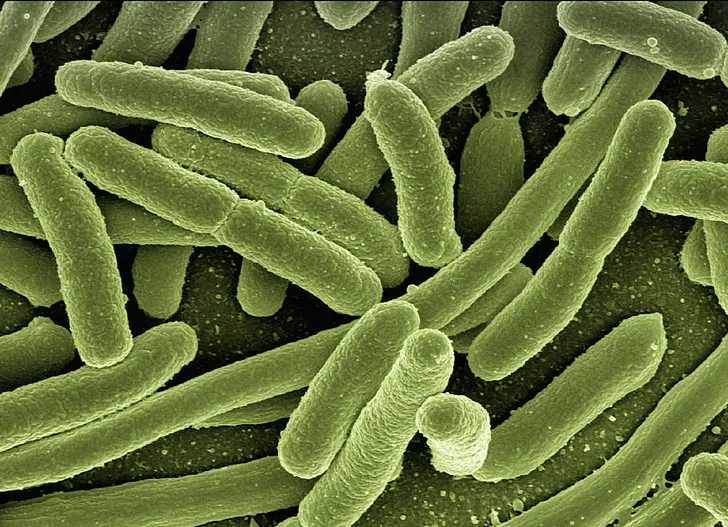
-
Nutrient Cycling: Bacteria play a crucial role in nutrient cycling within ecosystems by decomposing organic matter and releasing essential nutrients back into the environment.
-
Soil Fertility: Bacteria contribute to soil fertility by breaking down organic material, releasing nutrients that are essential for plant growth.
-
Biodegradation: Bacteria help degrade pollutants and contaminants in the environment, playing a vital role in bioremediation processes.
-
Symbiotic Relationships: Bacteria form symbiotic relationships with plants, animals, and other organisms, providing benefits such as nitrogen fixation and nutrient uptake.
-
Pathogen Control: Some bacteria compete with and control pathogenic organisms, helping to maintain ecological balance and prevent disease outbreaks.
-
Carbon Cycling: Bacteria are involved in the cycling of carbon through ecosystems, influencing global carbon balances and climate regulation.
-
Ecosystem Resilience: Bacteria contribute to the resilience of ecosystems by promoting nutrient availability, supporting biodiversity, and regulating ecosystem processes.
-
Foundation Species: Bacteria, as primary decomposers, act as foundation species in many ecosystems, influencing the structure and function of entire communities. Overall, bacteria play diverse and essential roles in ecosystem functioning, highlighting their significance in maintaining ecological balance and sustainability.
*Summary
| Aspect | Bacteria’s Role |
| Decomposition |
Primary decomposers breaking down organic matter into simpler forms, releasing essential nutrients.
|
| Classification |
Classified as saprophytes/saprotrophs, obtaining nutrients by decomposing dead organic matter.
|
| Feeding Behavior |
Unlike scavengers, bacteria absorb products of decomposition rather than consuming intact organic matter.
|
| Production |
Not producers; do not conduct photosynthesis to produce organic compounds from inorganic substances.
|
| Aquatic Environment |
Act as decomposers in water, contributing to nutrient cycling and maintaining ecosystem health.
|
| Similarities with Fungi |
Share enzymatic action and roles in nutrient cycling, contributing to decomposition processes.
|
| Position in Food Chain |
Critical as primary decomposers, supporting energy flow and nutrient availability for other organisms.
|
| Ecological Role |
Includes nutrient cycling, soil fertility, biodegradation, symbiotic relationships, and ecosystem resilience.
|
| Overall Importance |
Essential for maintaining ecological balance and sustainability through diverse ecological roles.
|
FAQs about Bacteria’s Role in Ecosystems
- Q: What is the role of bacteria in nutrient cycling?
- A: Bacteria play a crucial role in nutrient cycling by decomposing organic matter and releasing essential nutrients like carbon, nitrogen, and phosphorus back into the environment, making them available for other organisms.
- Q: How do bacteria contribute to soil fertility?
- A: Bacteria break down organic material in the soil, releasing nutrients that are essential for plant growth. This contributes to soil fertility and supports healthy plant growth.
- Q: Do bacteria help in controlling pollutants in the environment?
- A: Yes, bacteria contribute to biodegradation processes by breaking down pollutants and contaminants in the environment. This helps in cleaning up polluted sites and improving environmental quality.
- Q: Can bacteria form symbiotic relationships with other organisms?
- A: Absolutely, bacteria form symbiotic relationships with plants, animals, and other organisms. For example, nitrogen-fixing bacteria form mutualistic relationships with leguminous plants, providing them with usable nitrogen in exchange for carbohydrates.
- Q: How do bacteria influence carbon cycling in ecosystems?
- A: Bacteria are involved in the decomposition of organic matter, releasing carbon dioxide back into the atmosphere. They also participate in processes like carbon fixation and methane production, impacting global carbon balances and climate regulation.
- Q: Are bacteria important for maintaining ecosystem resilience?
- A: Yes, bacteria contribute to ecosystem resilience by promoting nutrient availability, supporting biodiversity, and regulating ecosystem processes. Their diverse ecological roles help ecosystems withstand and recover from disturbances.
- Q: What are some examples of pathogen control by bacteria?
- A: Some bacteria compete with and control pathogenic organisms, helping to maintain ecological balance and prevent disease outbreaks. For instance, certain soil bacteria suppress plant pathogens, contributing to plant health and crop productivity.

